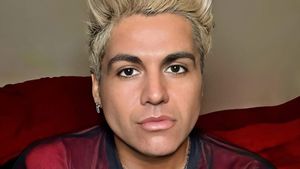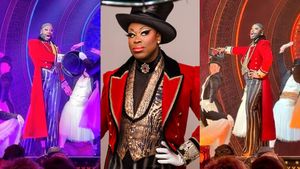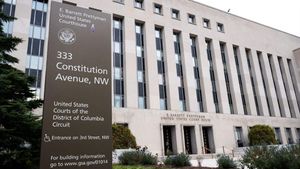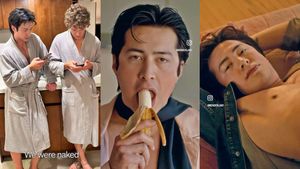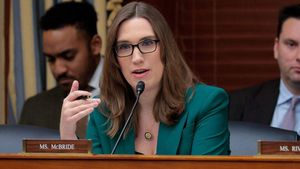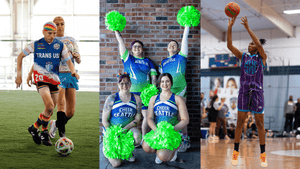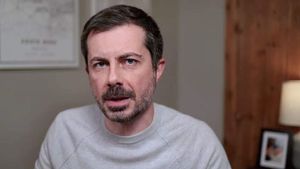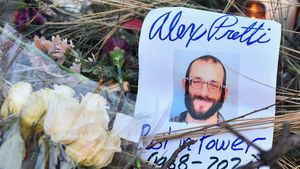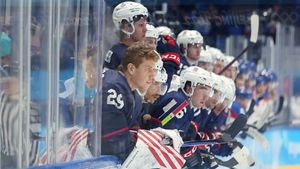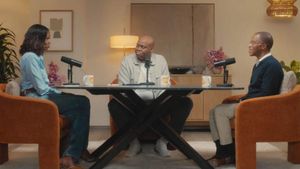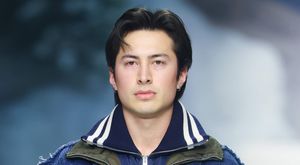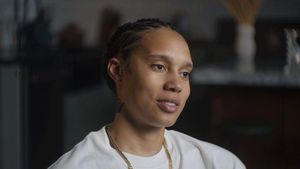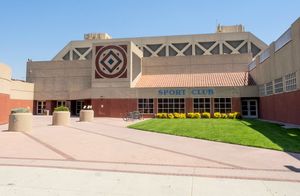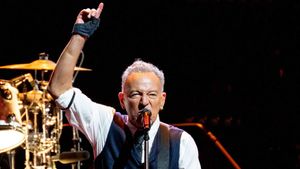Treatment GuideJust DiagnosedSex & DatingAfrican AmericanStigmaAsk the HIV DocPrEP En EspañolNewsVoicesPrint IssueVideoOut 100
CONTACTCAREER OPPORTUNITIESADVERTISE WITH USPRIVACY POLICYPRIVACY PREFERENCESTERMS OF USELEGAL NOTICE
© 2026 Pride Publishing Inc.
All Rights reserved
All Rights reserved
By continuing to use our site, you agree to our Privacy Policy and Terms of Use.
It's funny. My public'health care providers'who are constantly in my ear about choosing adherence instead of avoidance when it comes to taking my AIDS meds'won't be there to hold my hand should I suffer a heinous drug side effect. Or, more accurately, in today's mechanical clinic settings I don't expect them to. Because I could never afford private insurance, anyone resembling a family doctor'the thought!'exists only in a crack-pipe dream. Over the years I've leaned harder on the wisdom of my large and loving family when making tough calls about my health care. Trouble is'with a gang of nearly 80 close-knit kinfolk back home in Chicago'responses to my dilemma from the most opinionated among them have ranged from being dubious toward the meds to cautious of the establishment that urges me to take them. Since confiding in my family it's become apparent that my baby boomer'aged aunts' and uncles' health care priorities were set while being raised in a brat-pack of 12 in poverty and segregation. And the infamous Tuskegee syphilis experiments still tint the perspective of my Gen X peers. Both generations were affected by the experiences of my late grandparents, Big Mom and Big Dad, up from the Jim Crow South. And when it comes to all their inherent skepticism, my fruit ain't fall far from the tree. That's why I could hardly argue with Auntie Bonnie's plain-logic advice back in 1992 when doctors began hassling me to start taking AZT, which, like me, she'd heard was highly toxic. 'If it ain't broke,' she told me, 'don't fix it.' Back then, just two years after my HIV diagnosis, I could still afford to gamble with my blue-chip T cells and, years later, a relatively low viral load. But today, with only 25 T cells left and a viral load of 325,000, I know the stakes are higher. With the onset of an opportunistic infection, I could cash out. Uncle Carl points out that I 'ain't the first brotha up in this piece.' We have a proud African-American ancestry that has withstood many worse trials, he has reminded me. In the early 1900s my iron-willed great uncles Theodore and Esroy were faced with life-or-death choices that make mine look, well, sort of trivial. But then I regain my perspective: While I derive my ancestors' strength to survive AIDS, the disease isn't the same as societal woes that I must persevere through to overcome. But of everyone that I've discussed my dilemma with, my devoutly Christian mother has been the hardest to get a straight answer from. In lieu of one she usually offers a prayer. Every discussion that we have'about HIV or otherwise'seems to always revert back to me joining church and becoming saved. Only the hope of Rosa Parks and the blood of Jesus can save me now. Beyond that, she says, heaven instead of hell would be my final resting place. Her emphasis on the hereafter instead of the here-and-now makes me ponder whether my family's varied interjections about race, religion, and our ancestry were made to hide their lack of understanding about my progressing virus. I pause and realize that although my family will always be there to help steer me toward making a choice, ultimately they can't choose for me. Still searching for answers, I wonder if I've made my decision only more complicated. Regardless, I still find reassurance in my family's reasoning'no matter how flawed'and am grateful that I can talk to them about AIDS at all. Whitfield is one of the nation's leading journalists reporting on AIDS among African-Americans. A frequent Vibe contributor, he is based in New York City.
From our Sponsors
Most Popular
“So much life to live”: Eric Nieves on thriving with HIV
September 03 2025 11:37 AM
The Talk: Beyond the exam room
August 13 2025 3:15 PM
Messenger RNA could be the key to an HIV vaccine — but government cuts pose a threat
August 20 2025 8:02 AM
It’s National PrEP Day! Learn the latest about HIV prevention
October 10 2025 9:00 AM
Amazing People of 2025: Javier Muñoz
October 17 2025 7:35 PM
The lab coat just got queer
August 21 2025 10:00 AM
The Talk: Owning your voice
August 25 2025 8:16 PM
“I am the steward of my ship”: John Gibson rewrites his HIV narrative
September 16 2025 2:56 PM
Plus: Featured Video
Latest Stories
HIV-positive men stage 'Kiss-In' protest at U.S.-Mexico border
December 01 2025 12:56 PM
What the AIDS crisis stole from Black gay men
December 01 2025 6:00 AM
The Talk: Navigating your treatment
August 01 2025 6:02 PM
The Talk: Starting the conversation
July 25 2025 4:47 PM
Thanks to U=U, HIV-positive people can live long, happy, healthy lives
July 25 2025 2:37 PM
How the Black AIDS Institute continues to fill in the gaps
July 25 2025 1:06 PM
“I felt like a butterfly”: Niko Flowers on reclaiming life with HIV
July 23 2025 12:22 PM
Dancer. Healer. Survivor. DéShaun Armbrister is all of the above
July 02 2025 8:23 PM
BREAKING: Supreme Court rules to save free access to preventive care, including PrEP
June 27 2025 10:32 AM
1985: the year the AIDS crisis finally broke through the silence
June 26 2025 11:24 AM
VIDEO: A man living with HIV discusses his journey to fatherhood
June 10 2025 4:58 PM
Trump admin guts $258 million in funding for HIV vaccine research
June 03 2025 3:47 PM
Grindr is reminding us why jockstraps are so sexy and iconic
May 02 2025 5:36 PM
HRC holds 'die-in' to protest Trump health care cuts
April 28 2025 2:11 PM
Two right-wing Supreme Court justices signal they may uphold access to PrEP and more
April 21 2025 4:10 PM
500,000 Children at Risk: PEPFAR Funding Crisis
April 08 2025 3:51 PM
































